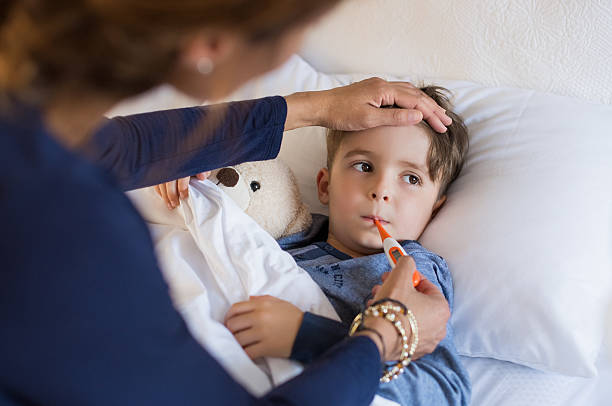Should my child go to school or nursery today?
Regular attendance at school helps your child to build skills and life-long friendships and prepares them for future success. It can be difficult to know whether your child is too ill or too anxious to attend school. The advice below can support you in making a decision about when to send your child to school/nursery.
By law if your child is aged 5 to 16 years old they must be in full time education (at school or at home). It's important to phone school or nursery the first morning and let them know if you are keeping your child at home and the reason they won’t be in.
Missing a lot of school because of ill health can have a big impact not only on your child’s education, but also on how they feel about school. It may affect their confidence, make them feel socially isolated and they may feel nervous about going back to school.
If your child is well enough to go to school but has an infection that could be passed on, such as worms or head lice, let their teacher know.
The advice below is based on government guidelines. Some schools and nurseries may have their own rules. If these rules are causing problems and are different to those below then it may be worth directing your child's school or nursery to the official guidelines by the UK Health Security Agency.
Your child can go to school or nursery with the following illnesses:
- Worry and mild or moderate anxiety, whilst sometimes difficult emotions, can be a normal part of growing up for many children and young people.
- Children can sometimes feel a little bit worried about going to school, but prolonged periods of absence are likely to make them worry more.
- Being in school with the support of their friends and teachers are likely to make them feel less worried than letting them stay at home.

- Worry and mild or moderate anxiety, whilst sometimes difficult emotions, can be a normal part of growing up for many children and young people.
- Children can sometimes feel a little bit worried about going to school, but prolonged periods of absence are likely to make them worry more.
- Being in school with the support of their friends and teachers are likely to make them feel less worried than letting them stay at home.

- Children can go to school
- They should be encouraged to wash their hands to prevent further spread of infection
-
For more information go to Conjunctivitis.
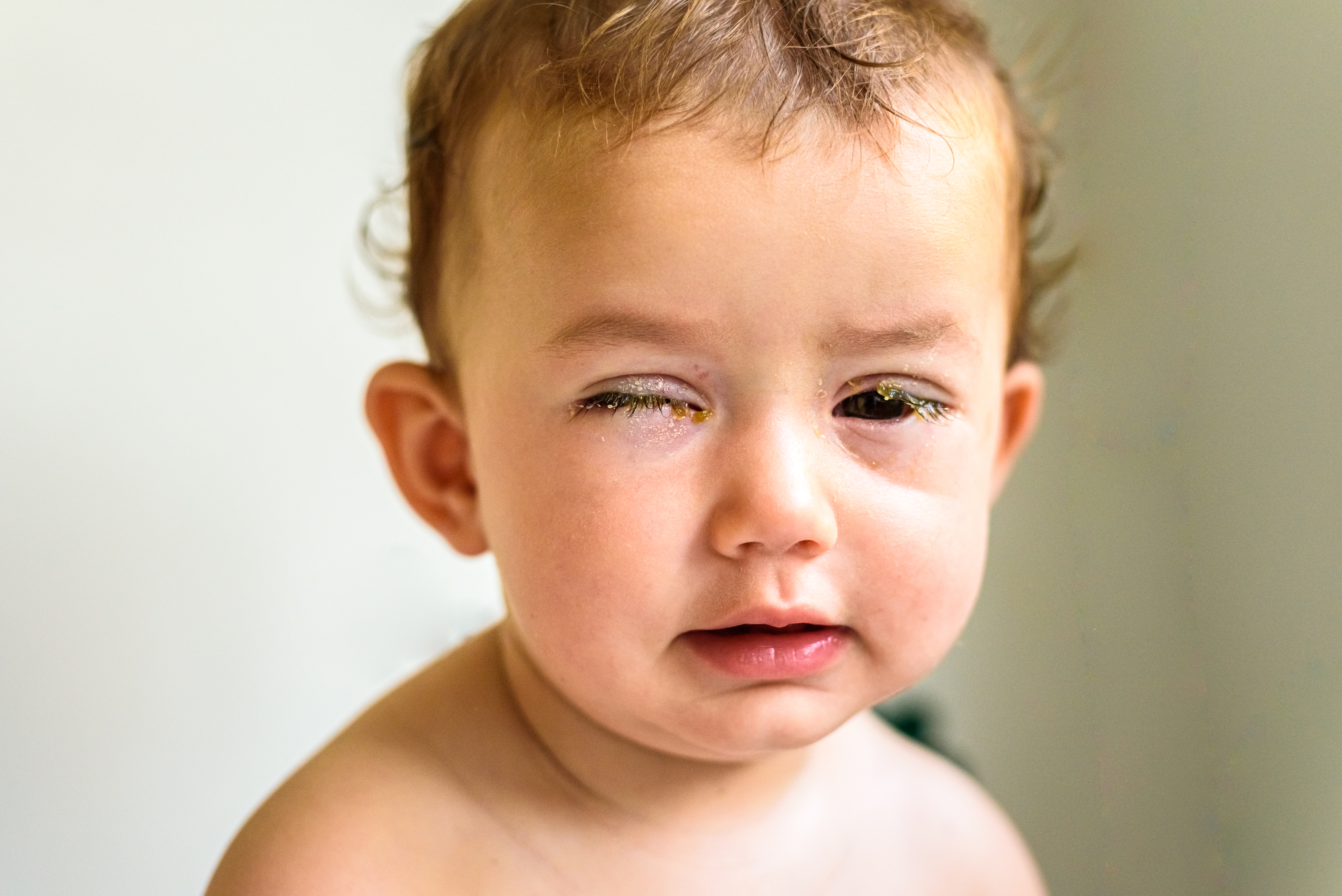
- Children can go to school
- They should be encouraged to wash their hands to prevent further spread of infection
-
For more information go to Conjunctivitis.

- Children can go to school
- Verrucae should be covered in swimming pools and changing rooms
For more information go to NHS hand, foot and mouth, Warts and Verrucae, NHS Athletes Foot, NHS Molluscum Contagiosum
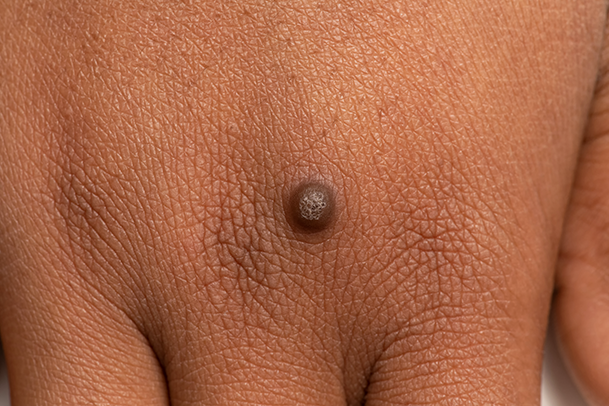
- Children can go to school
- Verrucae should be covered in swimming pools and changing rooms
For more information go to NHS hand, foot and mouth, Warts and Verrucae, NHS Athletes Foot, NHS Molluscum Contagiosum

- Children with headache, earache or stomach ache can go to school - just let the staff know they have felt unwell
- Give paracetamol and plenty of fluids to drink
- If headache, earache or stomach ache persist... seek advice
For more information go to Earache and/or Tummy Ache
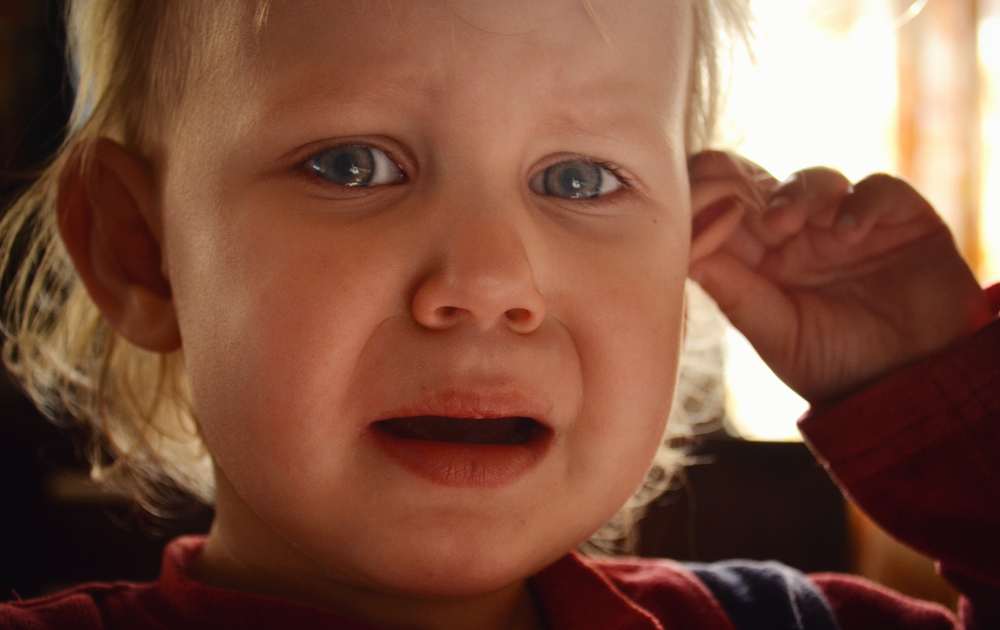
- Children with headache, earache or stomach ache can go to school - just let the staff know they have felt unwell
- Give paracetamol and plenty of fluids to drink
- If headache, earache or stomach ache persist... seek advice
For more information go to Earache and/or Tummy Ache

- Children can go to school with head lice but they must be treated for the condition to prevent further spreading
- Parents should treat their children and other family members by wet combing with a nit comb and conditioner

- Children can go to school with head lice but they must be treated for the condition to prevent further spreading
- Parents should treat their children and other family members by wet combing with a nit comb and conditioner

- Whenever possible, try not to book medical appointments during the school day.
- If you can’t avoid it, ask your child’s school in advance for a leave of absence and collect your child as close to the time of the appointment as possible and return them to school for the rest of the school day afterwards.
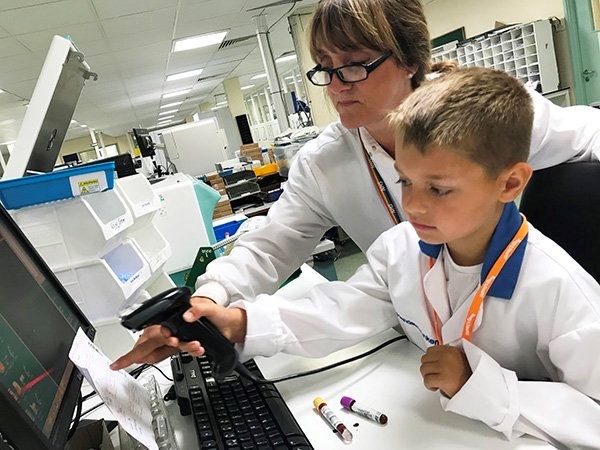
- Whenever possible, try not to book medical appointments during the school day.
- If you can’t avoid it, ask your child’s school in advance for a leave of absence and collect your child as close to the time of the appointment as possible and return them to school for the rest of the school day afterwards.

- Children can go to school but should be encouraged to start treatment
- Everyone at home should be treated
- Regular hand washing, laundry and regular cleaning can help reduce the risk of infection and re-infection
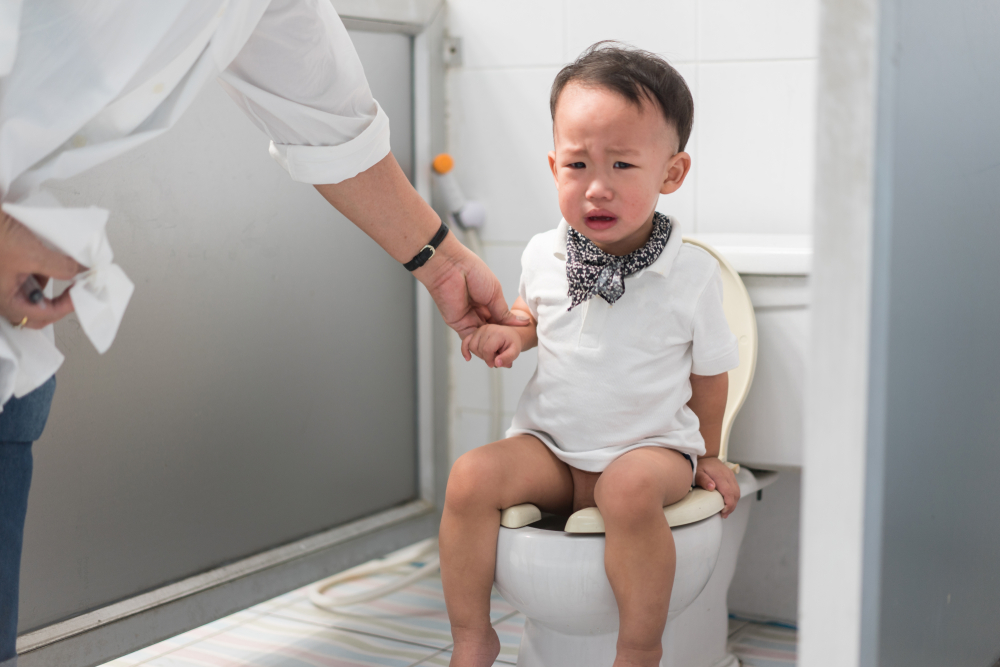
- Children can go to school but should be encouraged to start treatment
- Everyone at home should be treated
- Regular hand washing, laundry and regular cleaning can help reduce the risk of infection and re-infection

Your child may be able to go to school or nursery with the following illnesses (if they are well enough):
- Children can go to school with mild symptoms such as a runny nose, sore throat, or mild cough, if they are otherwise well (and do not have a temperature)
- Children can be given paracetamol and ibuprofen, encouraged to drink plenty of fludis
- If your child is asthmatic, remember they may need their blue inhaler more often
Due to Covid-19, a consistent cough should be considered a major symptom, and you should follow the COVID-19 advice and services - NHS (www.nhs.uk)
For more information go to Coughs and Colds
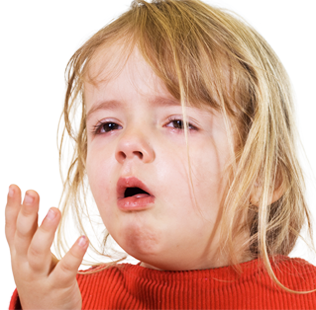
- Children can go to school with mild symptoms such as a runny nose, sore throat, or mild cough, if they are otherwise well (and do not have a temperature)
- Children can be given paracetamol and ibuprofen, encouraged to drink plenty of fludis
- If your child is asthmatic, remember they may need their blue inhaler more often
Due to Covid-19, a consistent cough should be considered a major symptom, and you should follow the COVID-19 advice and services - NHS (www.nhs.uk)
For more information go to Coughs and Colds

Exclude only if the rash is weeping and cannot be covered
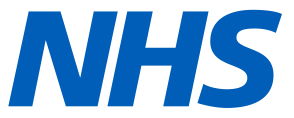
Exclude only if the rash is weeping and cannot be covered

- Children can go to school
- Children can be given paracetamol if unwell or in pain and plenty of fluids to drink
For more information go to Sore Throat.
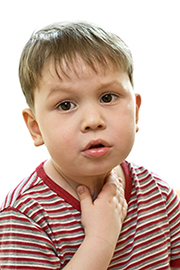
- Children can go to school
- Children can be given paracetamol if unwell or in pain and plenty of fluids to drink
For more information go to Sore Throat.

Your child will need to stay off school or nursery with the following illnesses:
Children can return to school 48 hours after the last episode of diarrhoea or vomiting
For more information go to Diarrhoea and Vomiting

Children can return to school 48 hours after the last episode of diarrhoea or vomiting
For more information go to Diarrhoea and Vomiting

- You can give paracetamol/ibuprofen and encourage them to drink plenty of fluid
- Keep your child off school until their fever goes away
- If the child's high temperature continues for five days or more, seek advice
For more information go to High Temperature/Fever.
Due to Covid-19, a high temperature should be considered a major symptom, and you should follow the COVID-19 advice and services - NHS (www.nhs.uk)
- You can give paracetamol/ibuprofen and encourage them to drink plenty of fluid
- Keep your child off school until their fever goes away
- If the child's high temperature continues for five days or more, seek advice
For more information go to High Temperature/Fever.
Due to Covid-19, a high temperature should be considered a major symptom, and you should follow the COVID-19 advice and services - NHS (www.nhs.uk)
Respiratory infections are common, particularly during the winter months. Symptoms can be caused by different infections including the common cold, COVID-19, flu, and respiratory syncytial virus (RSV).
Children can have a range of symptoms including a runny nose, high temperature, cough and sore throat.
- Children should go back to school when recovered - this is usually about five days
- Not sure? seek advice
Find out more about the Flu Vaccine for Children (NHS page link).
For more information go to high temperature/fever
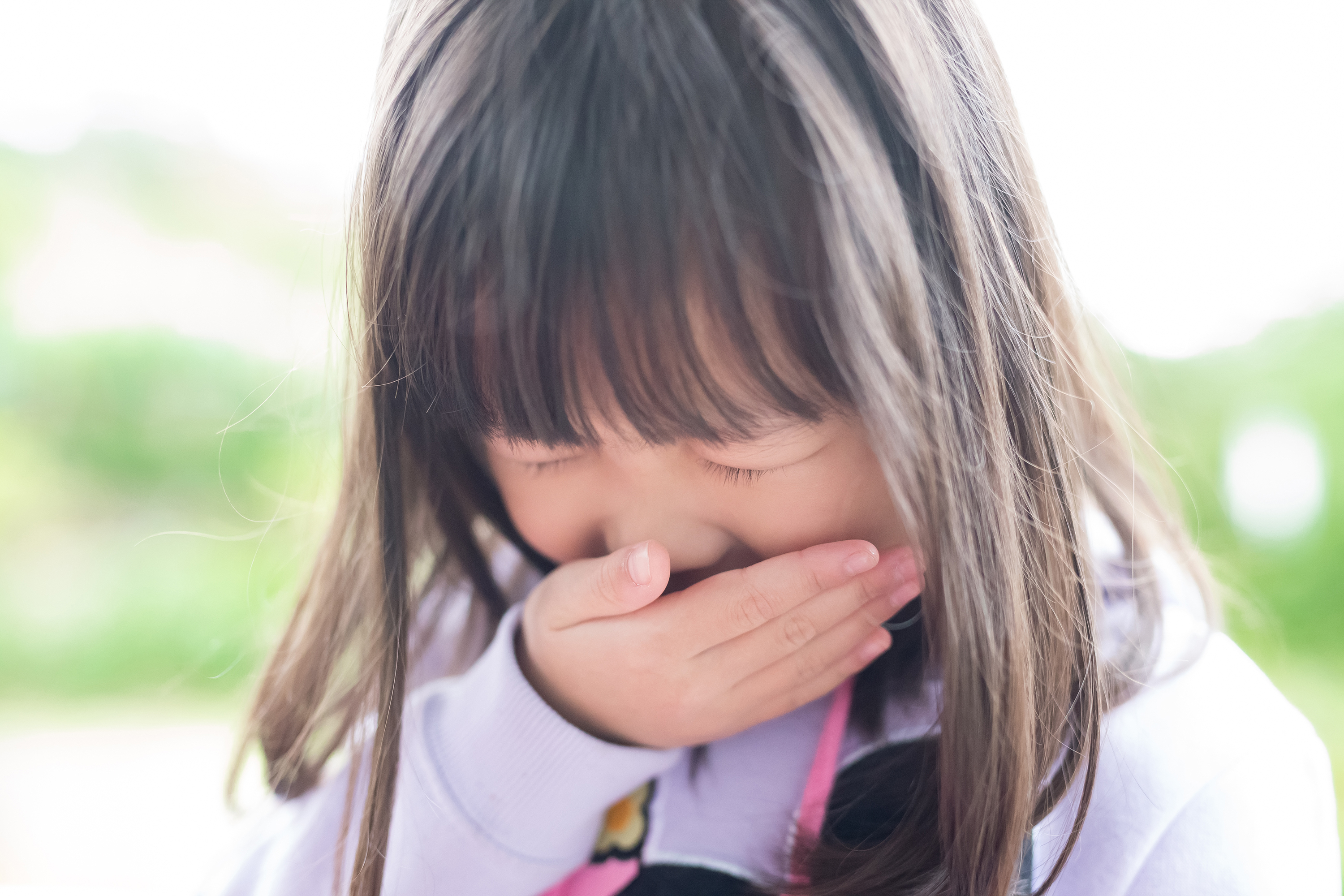
Respiratory infections are common, particularly during the winter months. Symptoms can be caused by different infections including the common cold, COVID-19, flu, and respiratory syncytial virus (RSV).
Children can have a range of symptoms including a runny nose, high temperature, cough and sore throat.
- Children should go back to school when recovered - this is usually about five days
- Not sure? seek advice
Find out more about the Flu Vaccine for Children (NHS page link).
For more information go to high temperature/fever

- Children can go back to school when their lesions are crusted or healed, or two days after starting antibiotics
- Children should be encouraged to wash their hands
For more information go to Impetigo
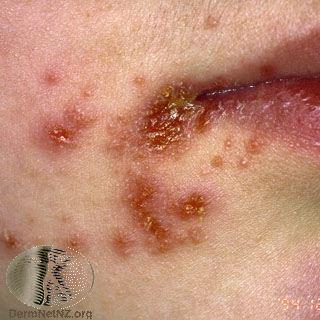
- Children can go back to school when their lesions are crusted or healed, or two days after starting antibiotics
- Children should be encouraged to wash their hands
For more information go to Impetigo

Measles
- Children should go back to school 4 days after the rash has started
For more information go to Measles NHS page link.
Chicken Pox
- Cases of chicken pox are generally infectious from 2 days before the rash appears to 5 or 6 days after the onset of the rash
- Children should not go back to school until all blisters have crusted over (usually 5 to 6 days after the start of the rash)
For more information go to Chickenpox.
Rubella (German Measles)
- Children should go back to school 4 days after the rash has started. Please let the school know, as pregnant members of staff may be affected
For more information go to Rubella (German Measles NHS page) or our rashes page.
Note: Measles, Mumps and Rubella (German Measles ) MMR is a notifiable disease.
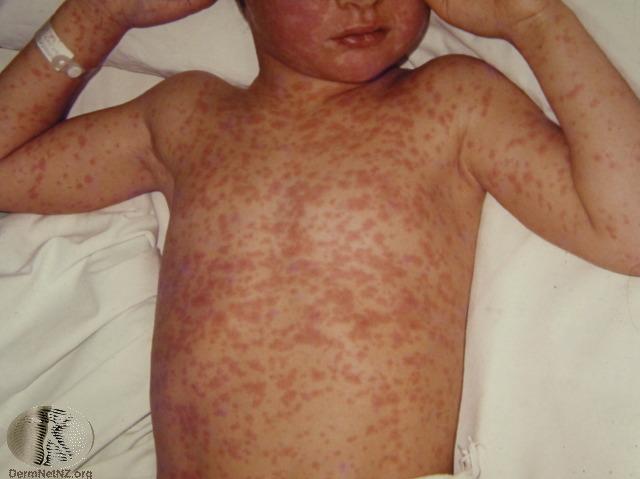
Measles
- Children should go back to school 4 days after the rash has started
For more information go to Measles NHS page link.
Chicken Pox
- Cases of chicken pox are generally infectious from 2 days before the rash appears to 5 or 6 days after the onset of the rash
- Children should not go back to school until all blisters have crusted over (usually 5 to 6 days after the start of the rash)
For more information go to Chickenpox.
Rubella (German Measles)
- Children should go back to school 4 days after the rash has started. Please let the school know, as pregnant members of staff may be affected
For more information go to Rubella (German Measles NHS page) or our rashes page.
Note: Measles, Mumps and Rubella (German Measles ) MMR is a notifiable disease.

Children should go back to school 5 days after the start of swellng of the glands and well enough to return
For more information go to NHS Mumps page

Children should go back to school 5 days after the start of swellng of the glands and well enough to return
For more information go to NHS Mumps page

- Children can go back to school after the NHS first treatment
- Others at home should be treated
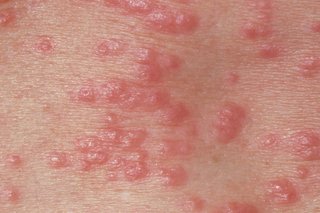
- Children can go back to school after the NHS first treatment
- Others at home should be treated

Children should go back to school 24 hours after starting appropriate antibiotic treatment
For more information go to scarlet fever or Strep
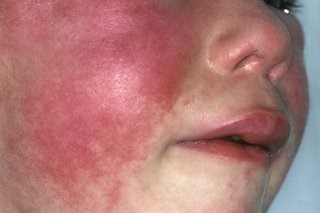
Children should go back to school 24 hours after starting appropriate antibiotic treatment
For more information go to scarlet fever or Strep

Children can go back once they have antibiotics for at least 48 hours, or 21 days from the start of symptoms if no antibiotics have been taken and they feel well enough to return.
For more information go to Whooping Cough

Children can go back once they have antibiotics for at least 48 hours, or 21 days from the start of symptoms if no antibiotics have been taken and they feel well enough to return.
For more information go to Whooping Cough

Other information
If possible try to time your child's medication so that it does not need to be taken during school hours or at nursery. You should ask school or nursery about their own policies or rules around medication.
Children can go to school or nursery when they are taking medication if:
- The child's parent or carer has given written permission
- The medicine is in its original container (except insulin which may be in a pen or pump)
- It is clearly labelled with the dose and frequency
- It is in date. Make sure you know when your child’s medication is going out of date and, if needed, replace it.
- Any left over medication is collected when no longer needed
Where possible children should:
- Know where their medication is and who to ask when needed
- Be allowed to carry their own medication or have easy access to it. This is important for medications that may be needed in an emergency, for example asthma inhalers
- Take their medication themselves if able with appropriate supervision
Over the counter (OTC) medicines
OTC medicines (for example paracetamol, hay fever medication) have clear labelling which allows them to be given safely in nursery or school. It must be in the original container (including any patient information leaflet if provided). Please do not make a GP appointment to try and get these medications on prescription, you will be advised to get this from the pharmacy directly. If your child's school or nursery says that they are unable to give over the counter medication without a prescription, this is incorrect. They may ask for written or verbal permission stating the medication and dose to be given.
Further information:
Guidance on conditions for which over the counter items should not routinely be prescribed in primary care
If possible try to time your child's medication so that it does not need to be taken during school hours or at nursery. You should ask school or nursery about their own policies or rules around medication.
Children can go to school or nursery when they are taking medication if:
- The child's parent or carer has given written permission
- The medicine is in its original container (except insulin which may be in a pen or pump)
- It is clearly labelled with the dose and frequency
- It is in date. Make sure you know when your child’s medication is going out of date and, if needed, replace it.
- Any left over medication is collected when no longer needed
Where possible children should:
- Know where their medication is and who to ask when needed
- Be allowed to carry their own medication or have easy access to it. This is important for medications that may be needed in an emergency, for example asthma inhalers
- Take their medication themselves if able with appropriate supervision
Over the counter (OTC) medicines
OTC medicines (for example paracetamol, hay fever medication) have clear labelling which allows them to be given safely in nursery or school. It must be in the original container (including any patient information leaflet if provided). Please do not make a GP appointment to try and get these medications on prescription, you will be advised to get this from the pharmacy directly. If your child's school or nursery says that they are unable to give over the counter medication without a prescription, this is incorrect. They may ask for written or verbal permission stating the medication and dose to be given.
Further information:
Guidance on conditions for which over the counter items should not routinely be prescribed in primary care
Health visitors are nurses or midwives who are passionate about promoting healthy lifestyles and preventing illness through the delivery of the Healthy Child Programme. They work with you through your pregnancy up until your child is ready to start school.
Health Visitors can also make referrals for you to other health professionals for example hearing or vision concerns or to the Community Paediatricians or to the child and adolescent mental health services.
Contact them by phoning your Health Visitor Team or local Children’s Centre.
Click below to find information on your local health visiting team:
Sound advice
Health visitors also provide advice, support and guidance in caring for your child, including:
- Breastfeeding, weaning and healthy eating
- Exercise, hygiene and safety
- Your child’s growth and development
- Emotional health and wellbeing, including postnatal depression
- Safety in the home
- Stopping smoking
- Contraception and sexual health
- Sleep and behaviour management (including temper tantrums!)
- Toilet training
- Minor illnesses
For more information watch the video: What does a health visitor do?
Health visitors are nurses or midwives who are passionate about promoting healthy lifestyles and preventing illness through the delivery of the Healthy Child Programme. They work with you through your pregnancy up until your child is ready to start school.
Health Visitors can also make referrals for you to other health professionals for example hearing or vision concerns or to the Community Paediatricians or to the child and adolescent mental health services.
Contact them by phoning your Health Visitor Team or local Children’s Centre.
Click below to find information on your local health visiting team:
Sound advice
Health visitors also provide advice, support and guidance in caring for your child, including:
- Breastfeeding, weaning and healthy eating
- Exercise, hygiene and safety
- Your child’s growth and development
- Emotional health and wellbeing, including postnatal depression
- Safety in the home
- Stopping smoking
- Contraception and sexual health
- Sleep and behaviour management (including temper tantrums!)
- Toilet training
- Minor illnesses
For more information watch the video: What does a health visitor do?
School nurses care for children and young people, aged 5-19, and their families, to ensure their health needs are supported within their school and community. They work closely with education staff and other agencies to support parents, carers and the children and young people, with physical and/or emotional health needs.
Some primary and secondary schools may have an allocated school nurse, however this can vary depending on the area – telephone your child’s school to ask for the contact details of your school nursing team.
There is also a specialist nurse who works with families who choose to educate their children at home.
What the school nursing service deliver may vary depending on your local area offer. Click the link below to find information on your local school nursing team:
Sound Advice
Before your child starts school your health visitor will meet with the school nursing team to transfer their care to the school nursing service. The school nursing team consists of a school nursing lead, specialist public health practitioners and school health staff nurses.
They all have a role in preventing disease and promoting health and wellbeing, by:-
- encouraging healthier lifestyles
- giving information, advice and support to children, young people and their families
- supporting children with complex health needs
Each member of the team has links with many other professionals who also work with children including community paediatricians, child and adolescent mental health teams, health visitors and speech and language therapists. The school health nursing service also forms part of the multi-agency services for children, young people and families where there are child protection or safeguarding issues.
School nurses care for children and young people, aged 5-19, and their families, to ensure their health needs are supported within their school and community. They work closely with education staff and other agencies to support parents, carers and the children and young people, with physical and/or emotional health needs.
Some primary and secondary schools may have an allocated school nurse, however this can vary depending on the area – telephone your child’s school to ask for the contact details of your school nursing team.
There is also a specialist nurse who works with families who choose to educate their children at home.
What the school nursing service deliver may vary depending on your local area offer. Click the link below to find information on your local school nursing team:
Sound Advice
Before your child starts school your health visitor will meet with the school nursing team to transfer their care to the school nursing service. The school nursing team consists of a school nursing lead, specialist public health practitioners and school health staff nurses.
They all have a role in preventing disease and promoting health and wellbeing, by:-
- encouraging healthier lifestyles
- giving information, advice and support to children, young people and their families
- supporting children with complex health needs
Each member of the team has links with many other professionals who also work with children including community paediatricians, child and adolescent mental health teams, health visitors and speech and language therapists. The school health nursing service also forms part of the multi-agency services for children, young people and families where there are child protection or safeguarding issues.
If you’re not sure which NHS service you need, call 111. An adviser will ask you questions to assess your symptoms and then give you the advice you need, or direct you straightaway to the best service for you in your area.
Sound advice
Use NHS 111 if you are unsure what to do next, have any questions about a condition or treatment or require information about local health services.
For information on common childhood illnesses go to What is wrong with my child?
If you’re not sure which NHS service you need, call 111. An adviser will ask you questions to assess your symptoms and then give you the advice you need, or direct you straightaway to the best service for you in your area.
Sound advice
Use NHS 111 if you are unsure what to do next, have any questions about a condition or treatment or require information about local health services.
For information on common childhood illnesses go to What is wrong with my child?
A&E departments provide vital care for life-threatening emergencies, such as loss of consciousness, suspected heart attacks, breathing difficulties, or severe bleeding that cannot be stopped. If you’re not sure it’s an emergency, call 111 for advice.
Sound advice
A&E departments provide vital care for life-threatening emergencies, such as loss of consciousness, suspected heart attacks, breathing difficulties, or severe bleeding that cannot be stopped. If you’re not sure it’s an emergency, call 111 for advice.
Sound advice
Information Sources
College co-signs letter from Chief Medical Officer on school attendance and health (rcgp.org.uk) this is a letter from the Royal College of GPs co-signed by Chris Whitty providing guidance to support GPs in having conversations about children attending school
NHS Page, is my child too ill for school
Photo credits: Pixabay.com



